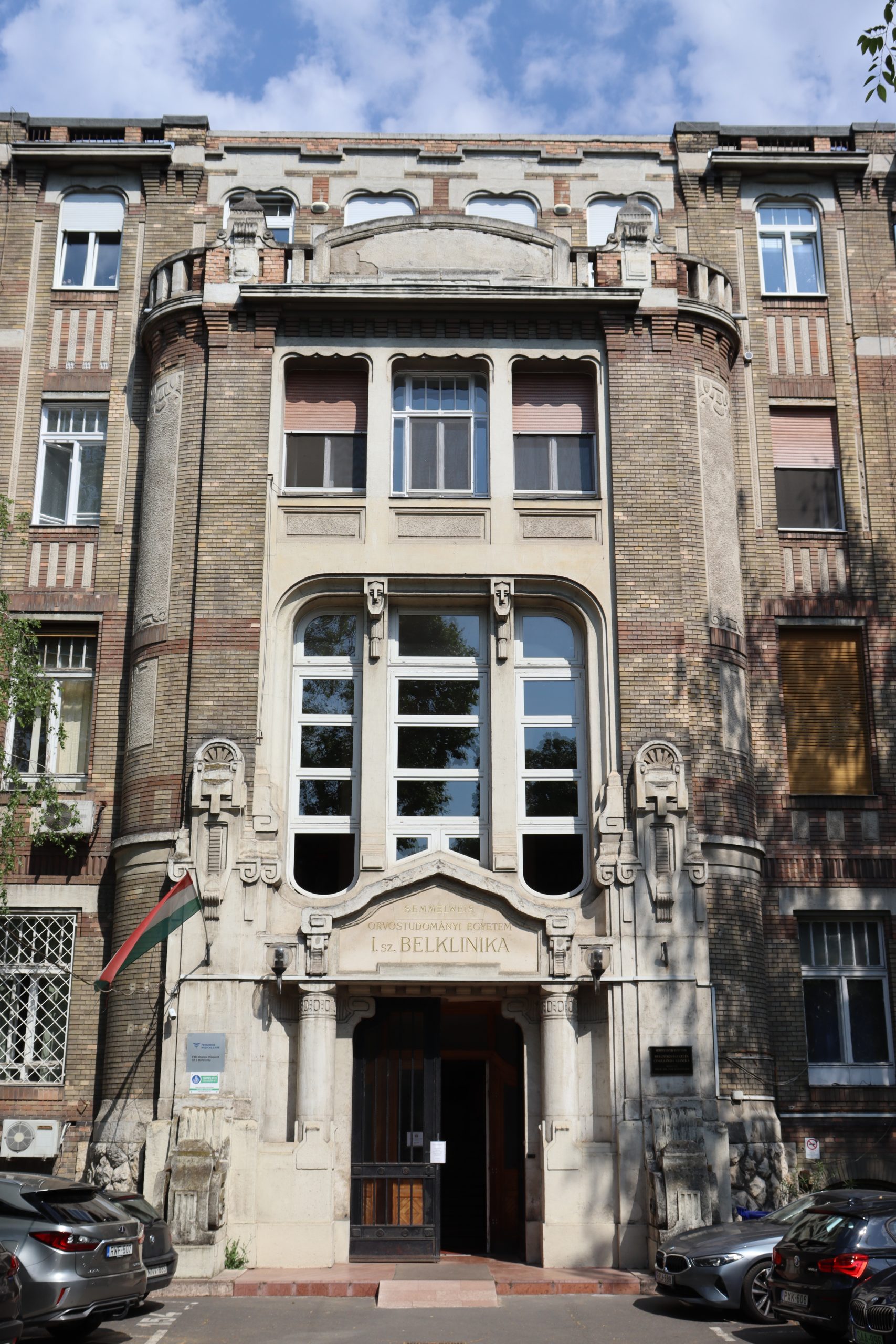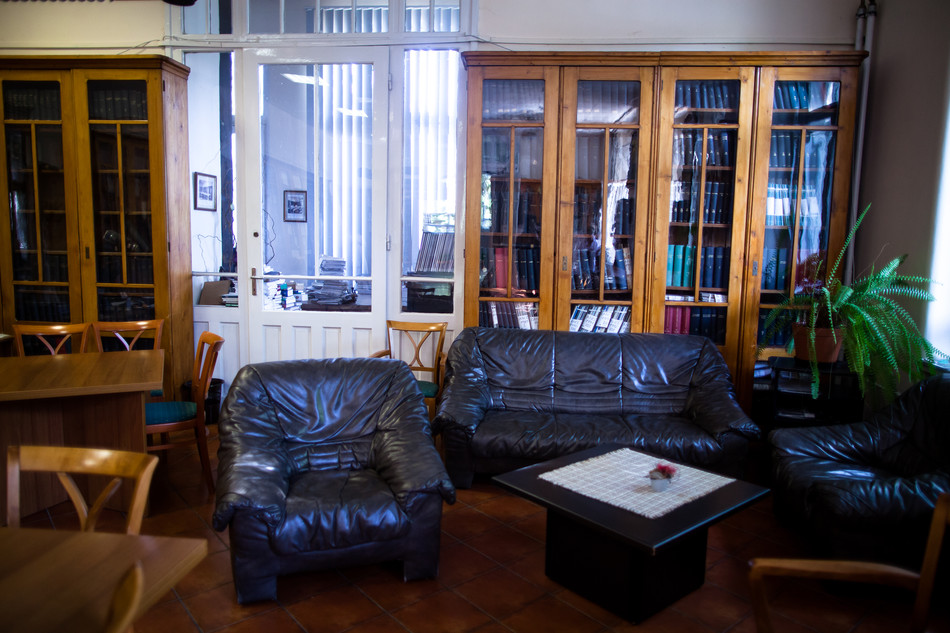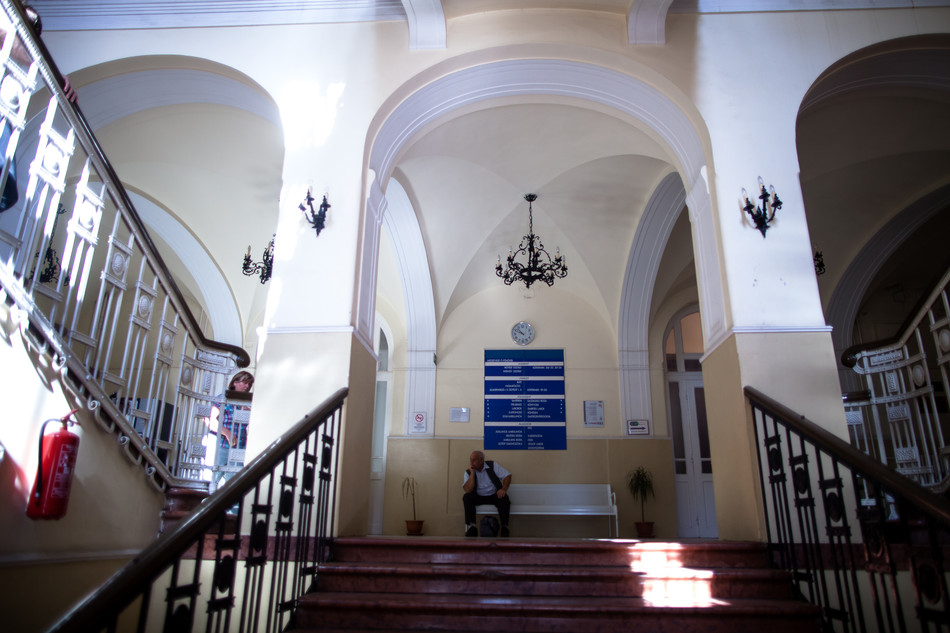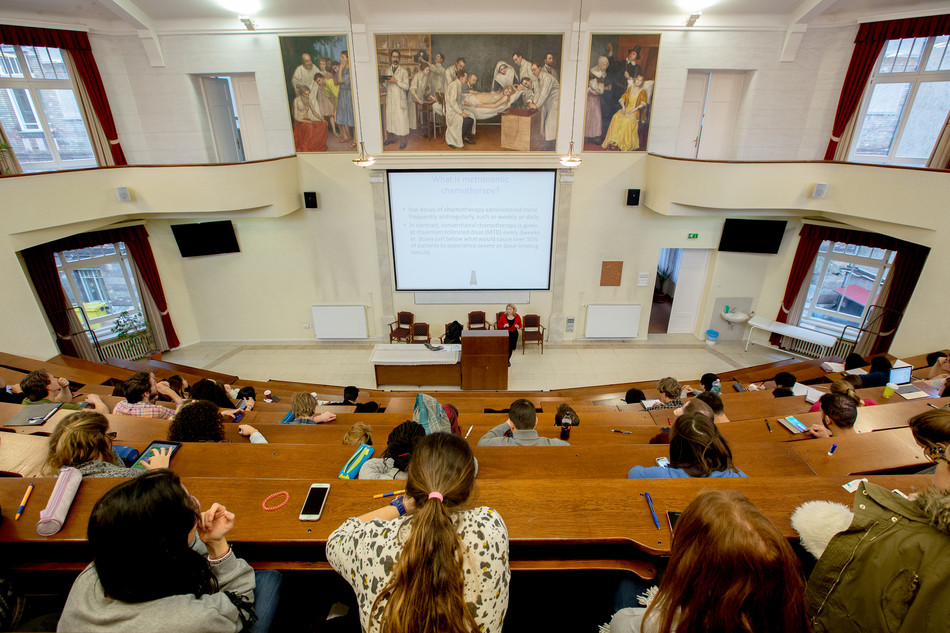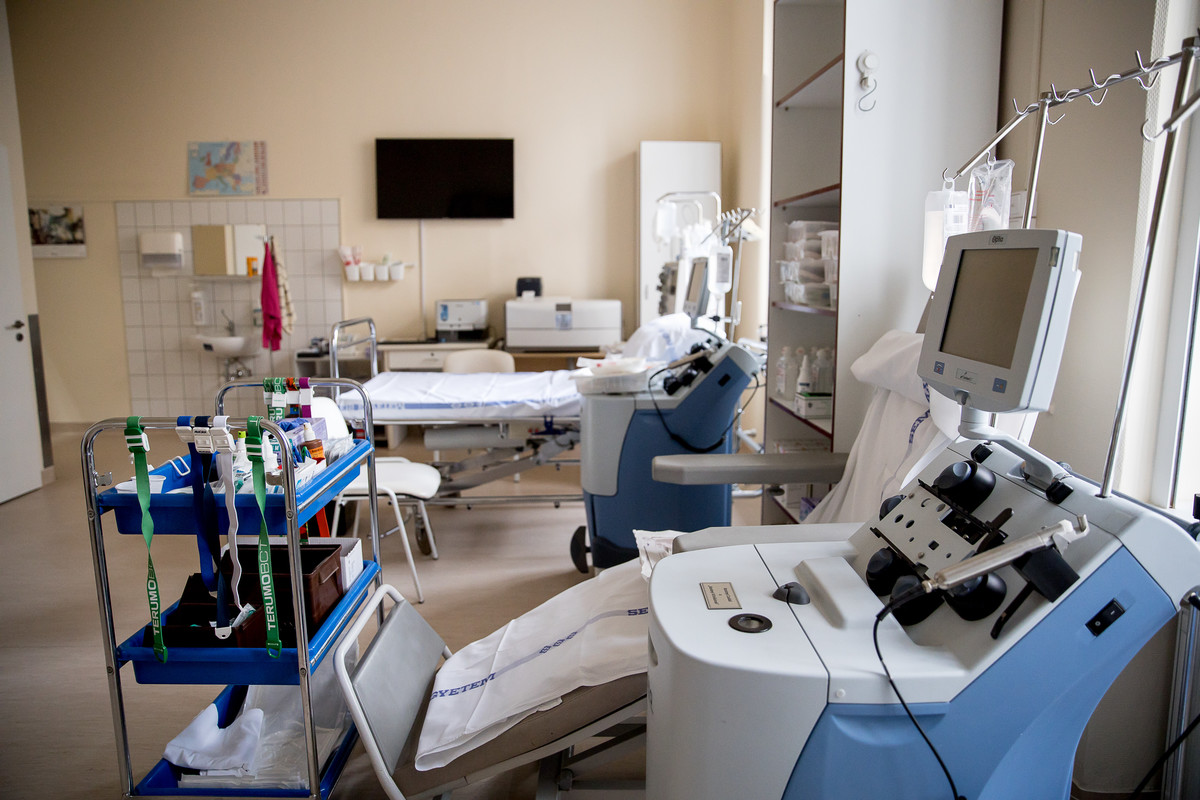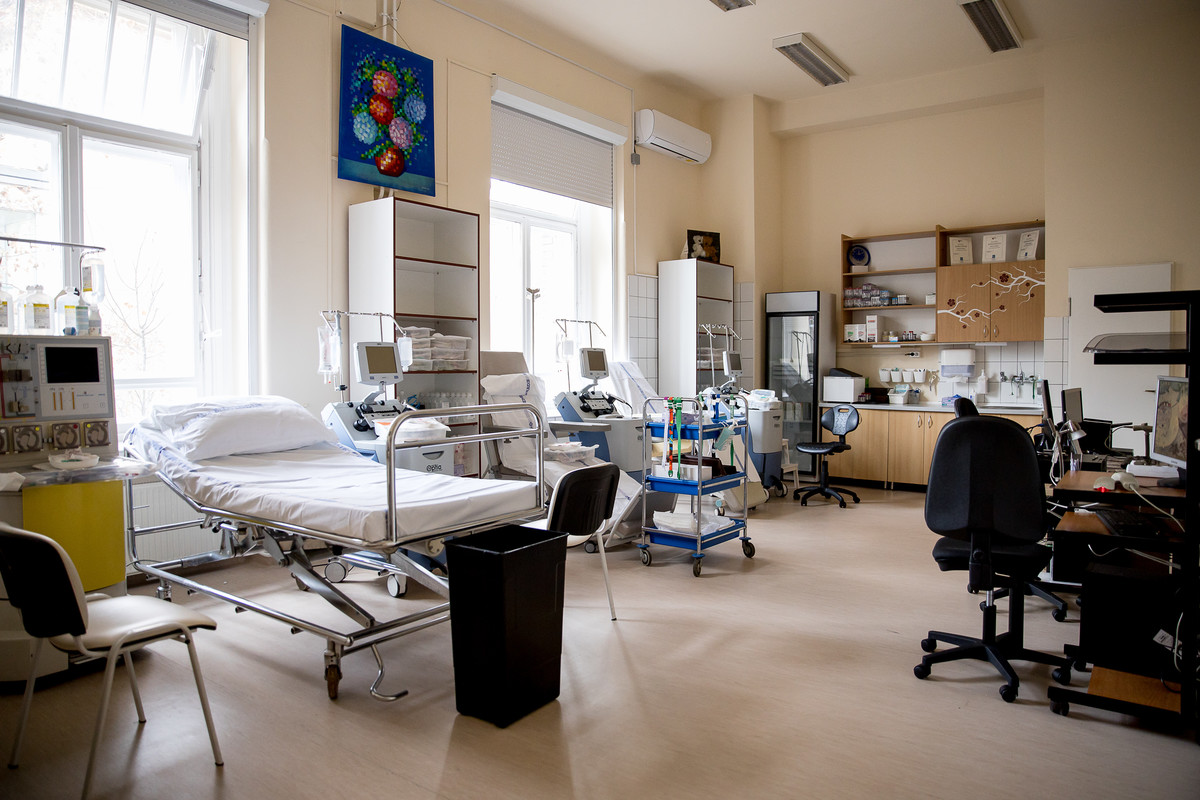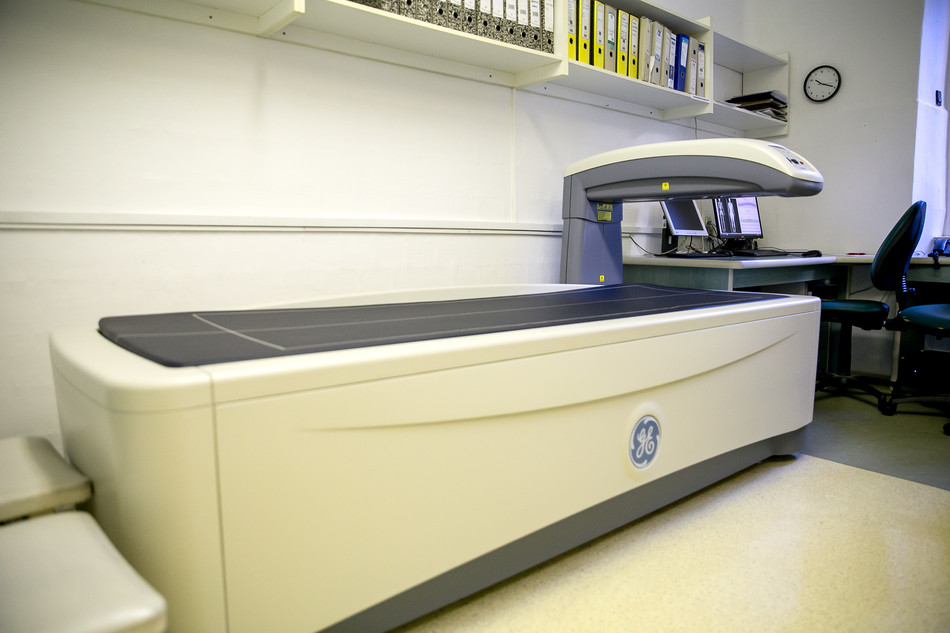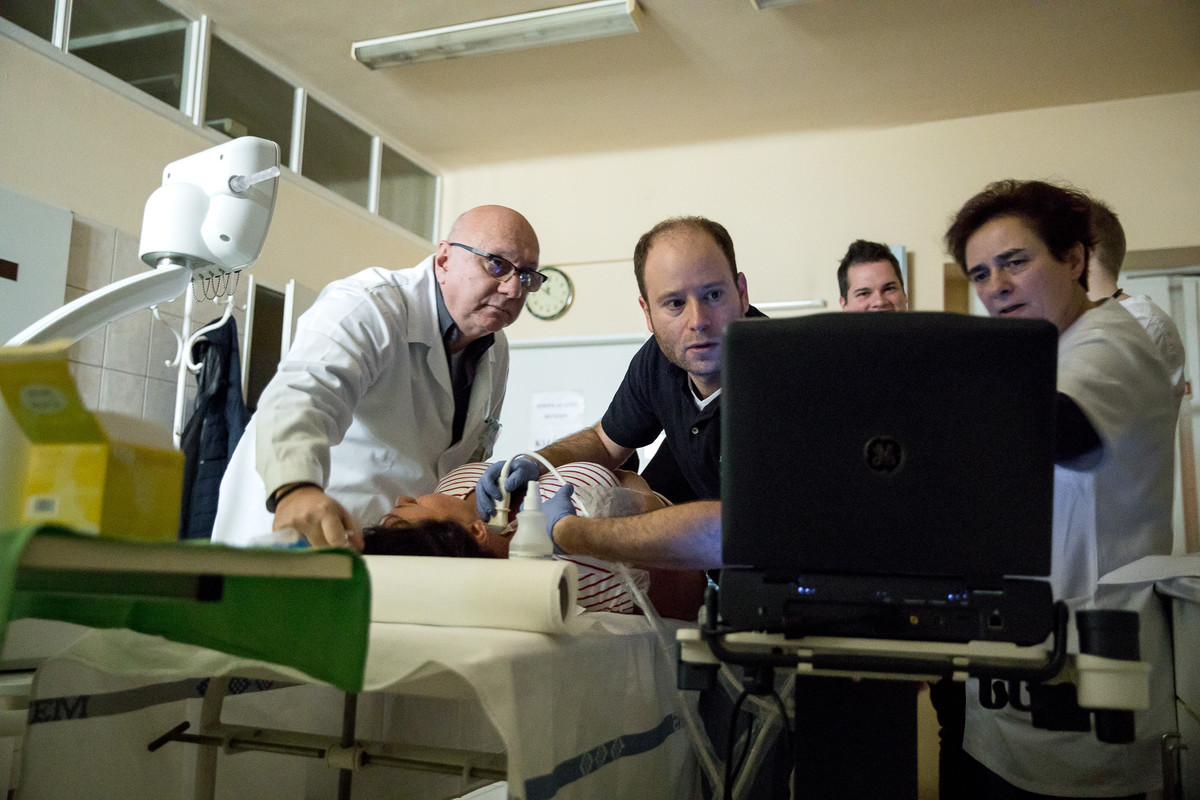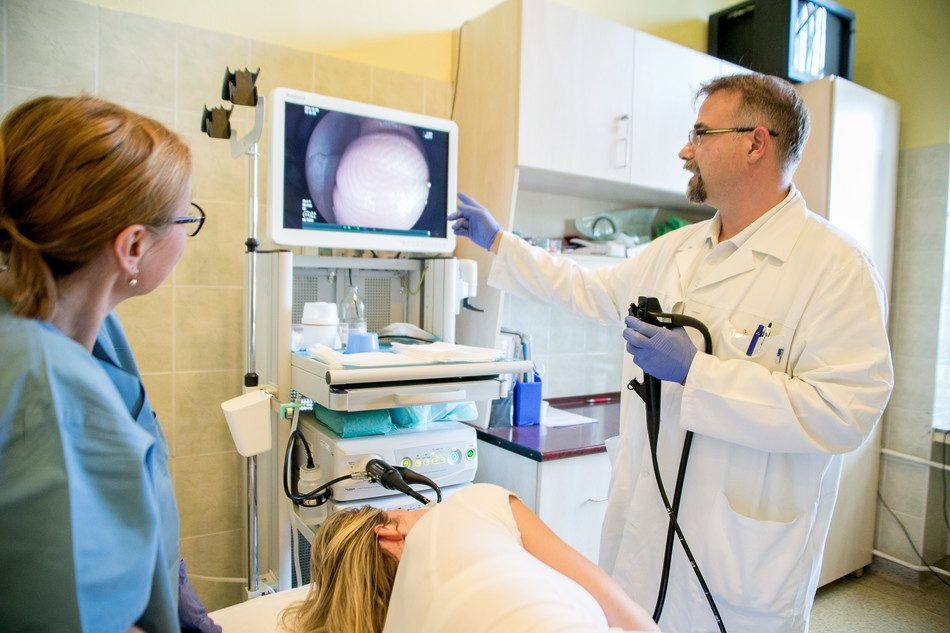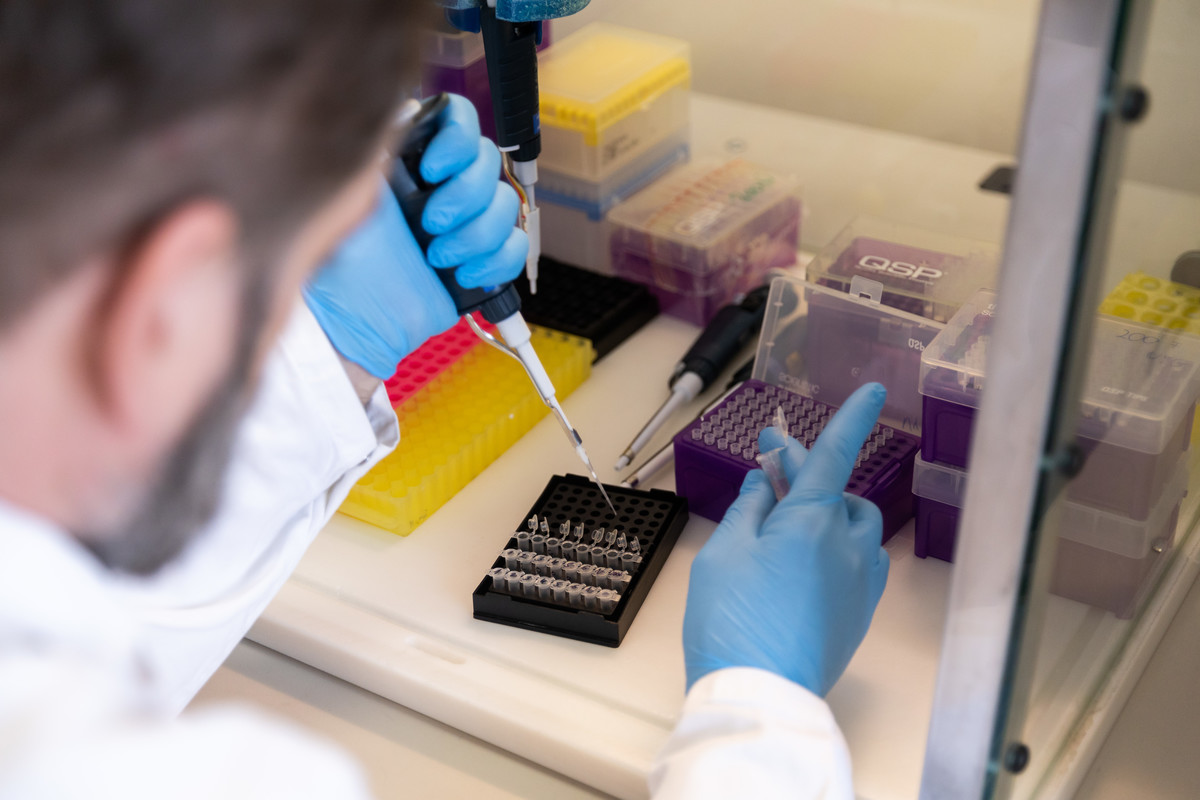Dear Guests,
Allow me to introduce the Department of Internal Medicine and Oncology (formerly 1st Department of Internal Medicine), also known as Korányi Clinic. The Department follows the principles of the Korányi school of thought, which emphasize optimistic humanism, demand, and respect for the recognition of scientific facts, and advocacy of general medicine.
Our Department focuses on patient care, education, and scientific research.
Patient care is provided through 133 hospital beds and 12 different outpatient clinics. We also have a well-equipped clinical pharmacology research center with 12 hospital beds for research in the earliest phases and all types of clinical research. Our apheresis center, which offers plasma exchange and the latest immunopheresis technique, has recently expanded and moved to a modern facility, becoming one of the largest apheresis centers in the country.
 In addition to specific patient care, we provide complex regional internal medicine care, allowing us to present and introduce all internal medicine diseases to our students. Our Department is the primary internal medicine care facility for over 150,000 inhabitants. We focus on three main fields of internal medicine, including the whole spectrum of endocrine diseases, from pituitary diseases to neuroendocrine diseases, and thyroid diseases as well. Diabetes mellitus and rare metabolic diseases should also be highlighted. Besides the interventions related to general internal medicine care, our gastroenterology team focuses mainly on inflammatory bowel diseases. We also have a nephrology unit equipped with 20 hospital beds, which closely cooperates with the Dialysis Center that works in the building of our Department. Our cardiologists offer non-invasive cardiologic examinations and care. The specialty of our Oncology Profile is treating gastrointestinal and breast cancer patients, in addition to regional oncology care.
In addition to specific patient care, we provide complex regional internal medicine care, allowing us to present and introduce all internal medicine diseases to our students. Our Department is the primary internal medicine care facility for over 150,000 inhabitants. We focus on three main fields of internal medicine, including the whole spectrum of endocrine diseases, from pituitary diseases to neuroendocrine diseases, and thyroid diseases as well. Diabetes mellitus and rare metabolic diseases should also be highlighted. Besides the interventions related to general internal medicine care, our gastroenterology team focuses mainly on inflammatory bowel diseases. We also have a nephrology unit equipped with 20 hospital beds, which closely cooperates with the Dialysis Center that works in the building of our Department. Our cardiologists offer non-invasive cardiologic examinations and care. The specialty of our Oncology Profile is treating gastrointestinal and breast cancer patients, in addition to regional oncology care.
Our Department has great diagnostic capacity, including gastroscopy, colonoscopy, enteroscopy, abdominal and heart ultrasound, 24-hour blood pressure monitoring, stress ECG, neuropathy clinic, osteodensitometry, and certain types of isotope diagnostics.
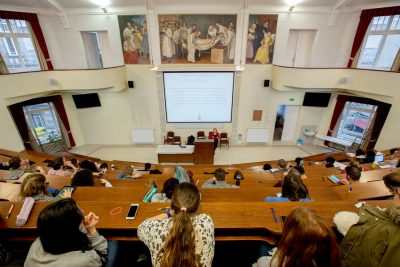 In terms of education, our Department teaches three subjects in three languages after the educational reform of our University. We teach propaedeutics in the 3rd year, endocrinology-metabolic bone disease, nephrology, and gastroenterology in the 4th year. In the 6th year, students spend six weeks in internal medicine, gaining comprehensive knowledge of the field. We also teach internal medicine to dentistry students in their 4th year. In addition to the obligatory subjects, students can choose from six optional subjects. We also train other healthcare workers, such as nurses, dieticians, and paramedics in our Department. Post-gradual training for internal medicine, family doctor, gastroenterology, and nephrology residents also takes place in our Department.
In terms of education, our Department teaches three subjects in three languages after the educational reform of our University. We teach propaedeutics in the 3rd year, endocrinology-metabolic bone disease, nephrology, and gastroenterology in the 4th year. In the 6th year, students spend six weeks in internal medicine, gaining comprehensive knowledge of the field. We also teach internal medicine to dentistry students in their 4th year. In addition to the obligatory subjects, students can choose from six optional subjects. We also train other healthcare workers, such as nurses, dieticians, and paramedics in our Department. Post-gradual training for internal medicine, family doctor, gastroenterology, and nephrology residents also takes place in our Department.
Our senior lecturers organize 8-10 continuing educational conferences of national importance annually.
Our Department is also one of the leading centers in Hungary for internal medicine research. In 2022, our colleagues wrote 165 research articles, 118 of which were international scientific publications, with 71 in Q1 and 29 in D1 journals. These numbers highlight our Department’s excellence in research.




